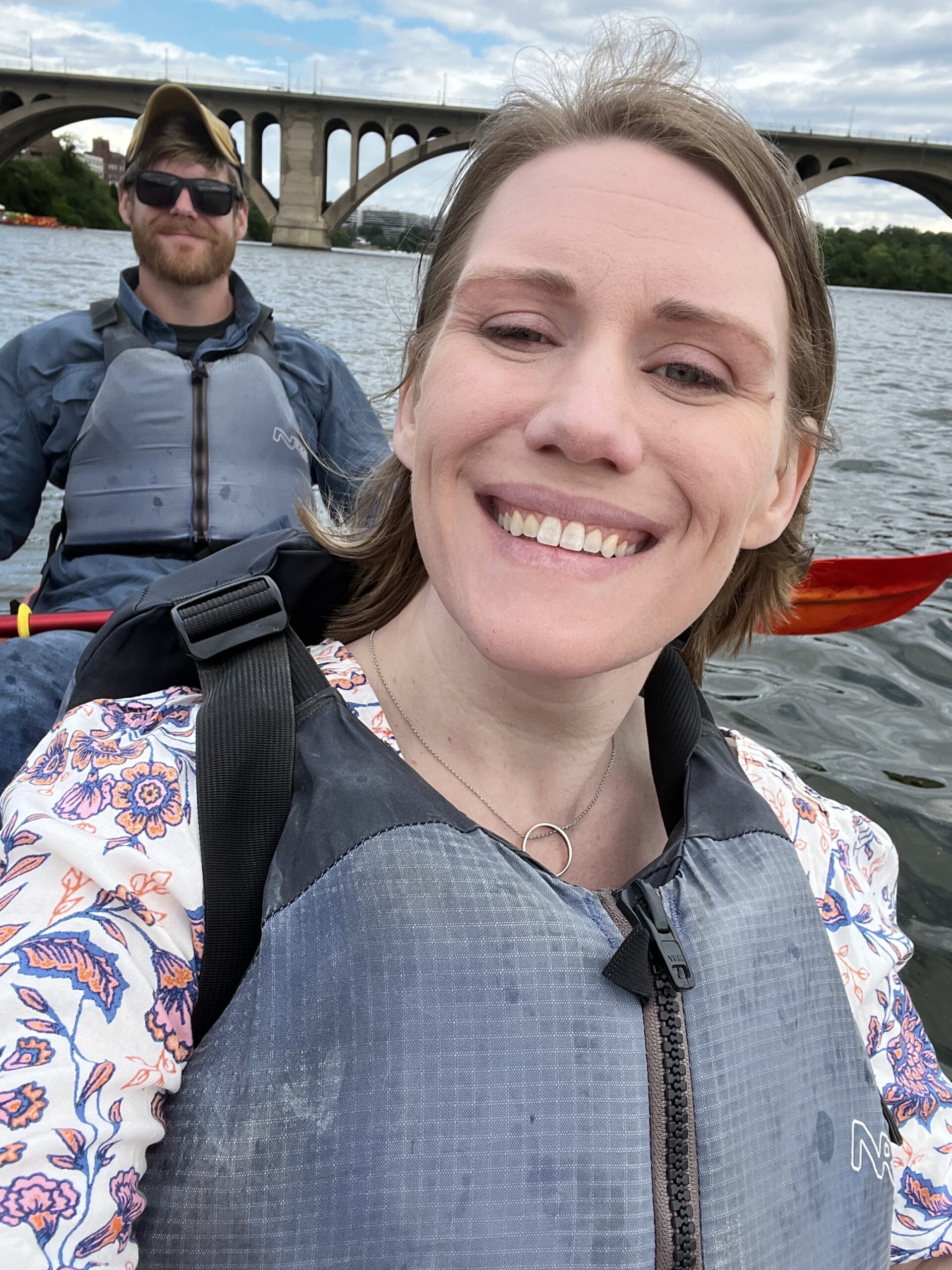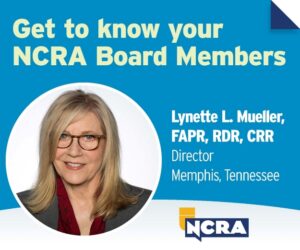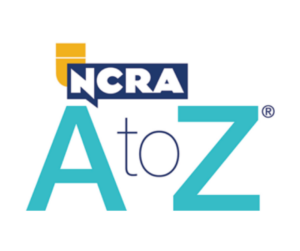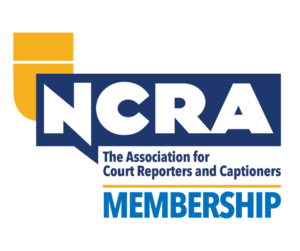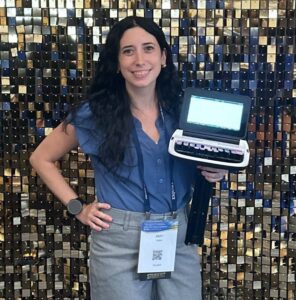A veteran, looking for her next career, thought that court reporting seemed “too good to be true.” Now Liane Hatch, a student at the College of Court Reporting, in Valparaiso, Ind., is using her GI Bill benefits to launch herself into the profession. “I would love to see more veterans and military spouses consider court reporting or captioning,” she says.
UTS | You are an Army veteran AND a college graduate. What skills did you learn in those previous experiences that have helped you succeed in court reporting school?
LH | Having a background in English and journalism has given me a strong vocabulary and a command for spelling, grammar, punctuation, and attention to detail. That in itself is a huge advantage for anyone interested in pursuing steno. Additionally, my time in the Army gave me a greater sense of presence and confidence, so while I have not yet been in a position to ask attorneys or witnesses to slow down or repeat what they said, I like to think that when I do start taking jobs I’ll be able to really hold my own. Plus, the Army has a way of instilling discipline, and while I may not be running three miles before dawn or making my bed with perfectly crisp lines anymore, I know that the discipline I learned in the Army certainly helped prepare me for the challenge of being responsible for my own practice.
UTS | What do you love about stenography?
LH | I could talk about this all day. To me, learning machine stenography is like the marriage of learning a language and learning an instrument. The specific challenge of that language processing input and tactile output just sort of tickles my brain in such a way that it just makes sense to me and compels me to remain curious about what else is possible with this skill — be it a new speed or ways I can adjust my dictionary to write more efficiently. It feels like a puzzle. I love the challenge.
UTS | What would you say to someone – someone separating from the military, a stay-at-home parent – who is considering a career in court reporting or captioning?
LH | I would love to see more veterans and military spouses consider court reporting or captioning. Especially with the advent of virtual depositions and remote captioning, this is truly a job you can do anywhere you have an internet connection, and unfortunately, so many military spouses sacrifice their own careers because jobs in their industry aren’t available at one duty station or the other. I also think veterans often have a great sense of discipline and resilience, which is INCREDIBLY important for success in learning machine steno.
I would also HIGHLY encourage veterans who have a VA disability rating to look into using Chapter 31 benefits (Veteran’s Readiness and Employment, or VR&E) for their court reporting education rather than the GI Bill. The GI Bill is a great option too, of course, but VR&E can aid students far beyond just the tuition, books, and housing stipend.
UTS | What is a piece of advice you have received that has had a significant impact on your life or career?
LH | I’ll have to paraphrase here to clean it up, but I’ll never forget my platoon sergeant telling me “Nobody cares about you like you care about you.” That is to say, if you want something, you are responsible for advocating for yourself to get it. No one is going to make it happen for you; no one is going to work harder for you than you work for yourself. That’s up to you. If you’re sitting around waiting for good things to fall into your lap or for someone else to step in and change things for you, you’re going to be waiting a long time.
UTS | You say your goal is to be a “Field Trip Mom.” Can you explain what that is?
LH | When I say I want to be a Field Trip Mom, I mean that I want to be working, but available. I want to take depositions on Monday and chaperone field trips or help with my son’s science fair project on Tuesday. I want to have the flexibility and agency over my own schedule to make those kinds of calls for myself. And especially with my husband still being active duty, being a “field trip mom” and having the ability to dictate my own workload will mean that I can choose to work more or less depending on my husband’s deployments or training schedule.
UTS | What is your dream job/where do you see yourself in five years?
LH | I really don’t know yet! I definitely plan to start with freelance, but who knows where else steno might take me. I want to try a little bit of everything.
UTS | Is there anything else you would like to share?
LH | I love connecting with people over steno, so feel free to say hi if you see me in Louisville this year! And especially for veteran and military spouse students, PLEASE feel free to reach out if you want to connect or have any questions about how to get the most out of your benefits when it comes to court reporting school.
Liane Hatch is a U.S. Army veteran and a student in her 200s at the College of Court Reporting. She is currently living in Whispering Pines, N.C. She can be reached at liane.b.hatch@gmail.com.
Missed previous issues of Up-to-Speed? Access them here.
